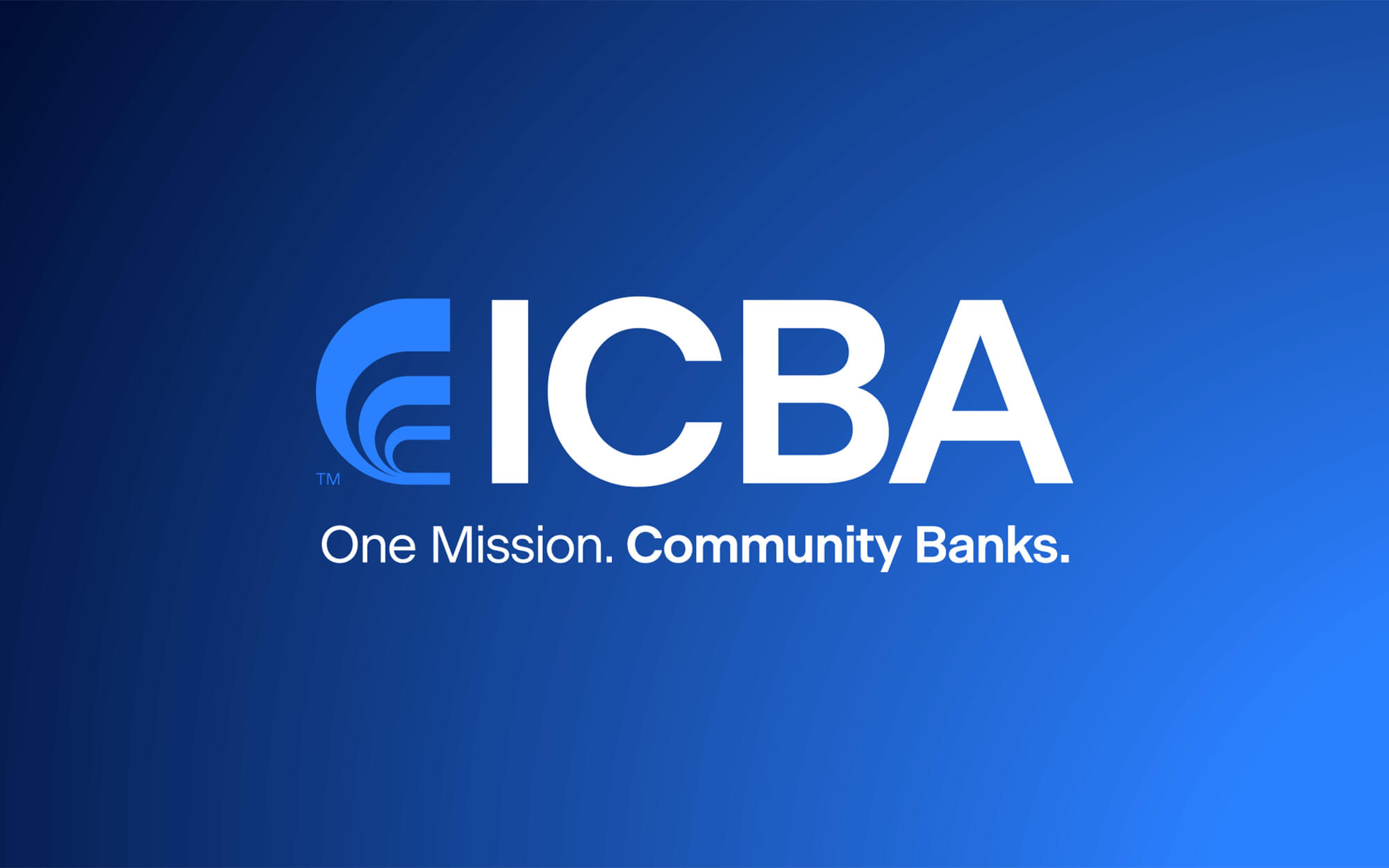A U.S. appeals court this week issued a decision that widens the avenue for consumers to challenge their debt under the Fair Credit Reporting Act.
New Ruling: In Sessa v. TransUnion—a court case focusing on credit reporting agencies’ role in borrower disputes—the U.S. Court of Appeals for the Second Circuit ruled that there is no bright-line rule that only purely factual or transcription errors are actionable under the FCRA. The decision vacates a lower court ruling that the FCRA requires consumer reporting agencies to guard against factual inaccuracies, not to resolve legal disputes.
Current Case: In the Sessa case, the plaintiff sued TransUnion because her credit report showed a disputed debt for a car she had leased. The plaintiff challenged the debt with her lessor and sued TransUnion for representing the debt on her credit report, with TransUnion arguing the dispute should be addressed by the legal system.
Amicus Brief: In a friend-of-the-court brief last year, ICBA and other groups urged the court to reject a Consumer Financial Protection Bureau theory that the FCRA requires credit bureaus to determine the legal validity of claims between creditors and debtors, which could also affect community banks and other data furnishers.
Separate Cases: The debate continues to play out in separate cases on whether data furnishers and credit reporting agencies are required by the FCRA to investigate and remove factually inaccurate information. ICBA has filed similar briefs in Milgram v. Chase Bank USA and related cases against Holiday Inn Club Vacations.
Background: The Fair Credit Reporting Act defines and establishes guidelines for credit reports and the process for consumers to dispute information in their credit files.





